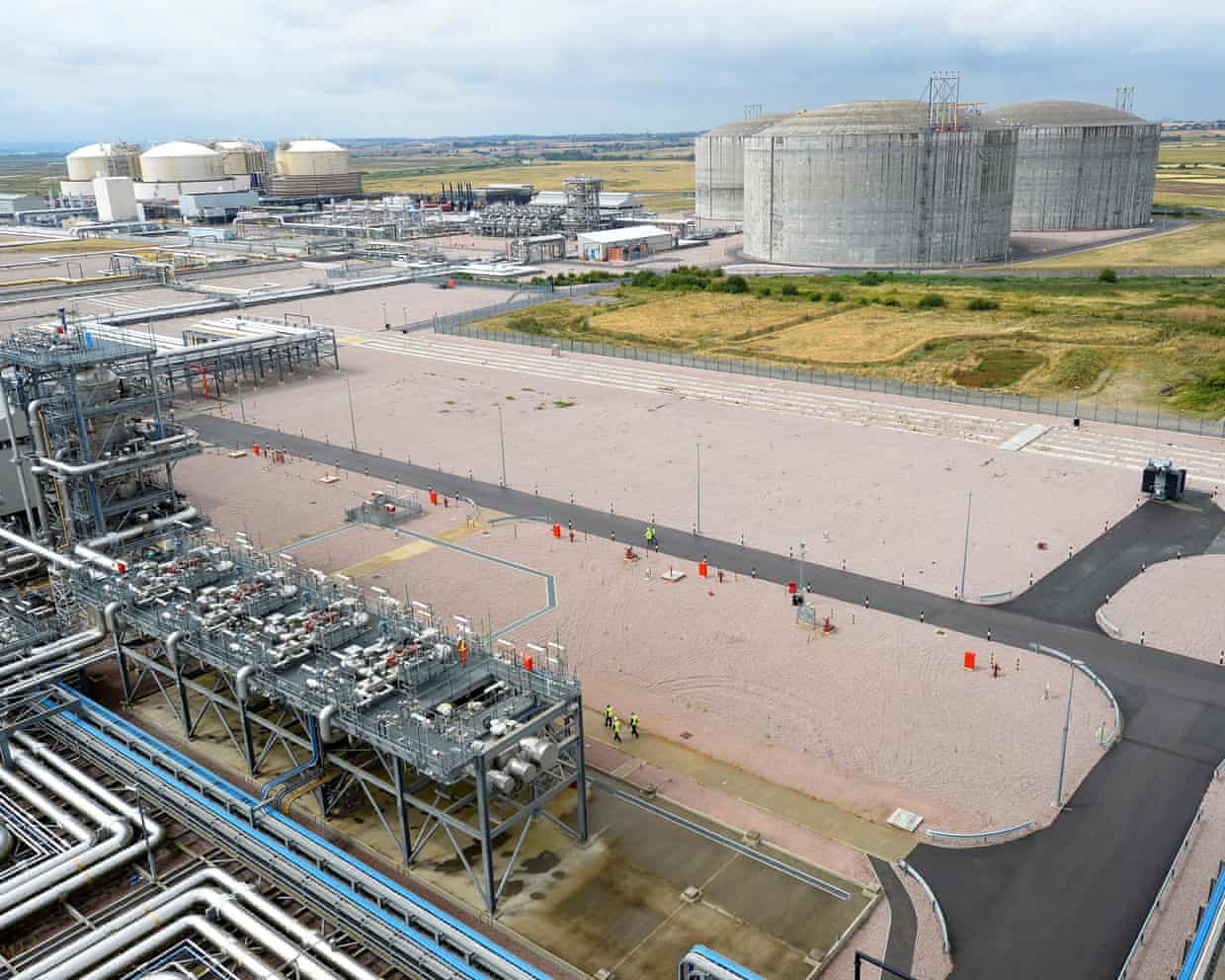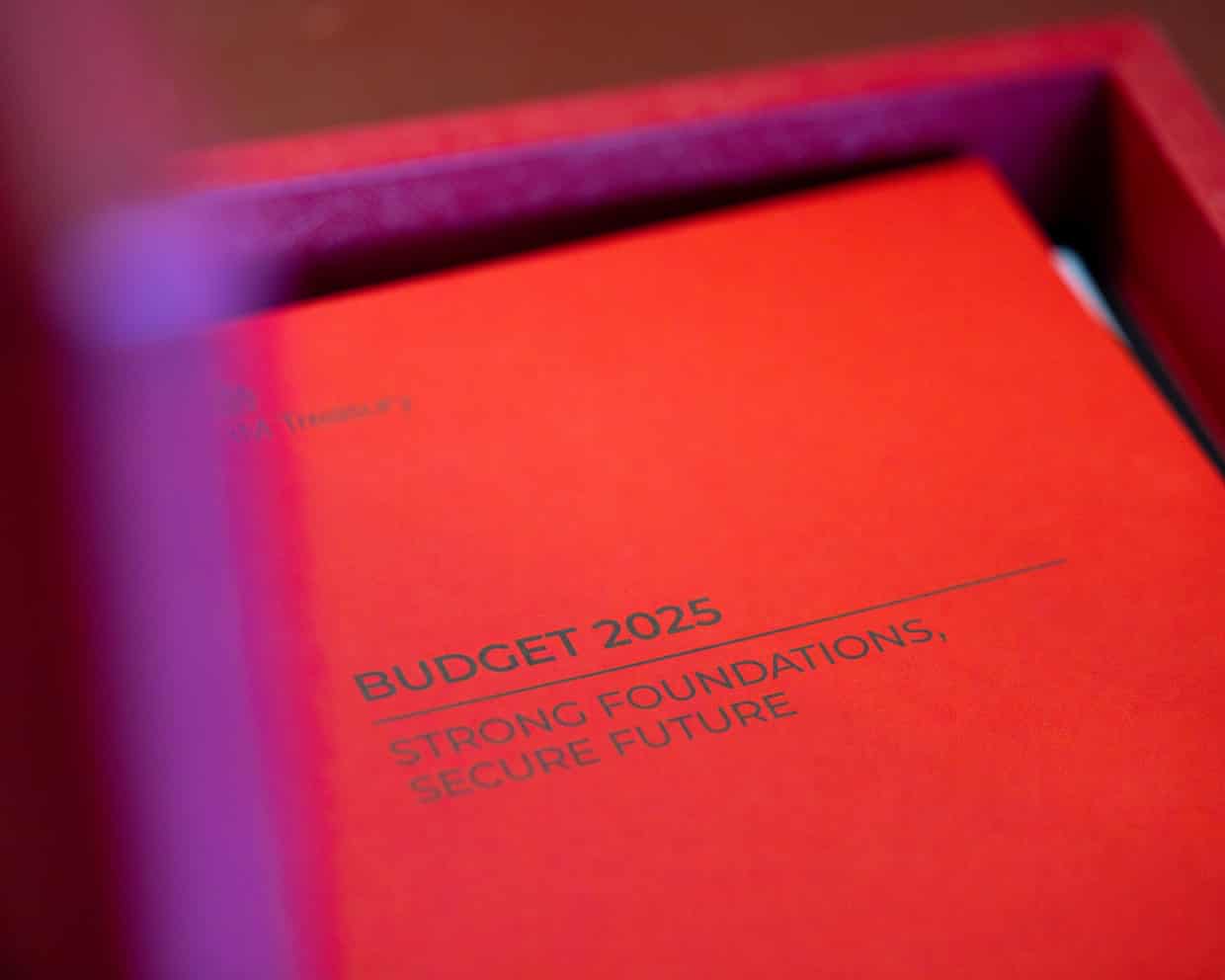Energy minister says UK must ‘do whatever it takes’ to avoid gas supply crisis

The UK energy minister has said the country must “do whatever it takes” to avoid a gas supply crisis after advisers warned of the risk of a shortage hitting homes and businesses by the end of the decade.Michael Shanks promised the government would “redouble our efforts to decarbonise” the economy and make sure the UK had enough gas storage and import capacity, saying the previous government had failed to plan for shortages.The minister offered assurances after the official energy system advisers warned that Britain could face a gas supply crisis by 2030 and the government should draw up plans to guard against the looming threat.The National Energy System Operator (Neso) warned ministers to address an “emerging risk to gas supply security” that could mean homes and businesses going without gas during a prolonged period of cold weather.“Such scenarios are unlikely,” Shanks said.
“But this government will do whatever it takes to ensure our ongoing energy security and ensure we continue to provide the energy insurance we need for even the rare scenarios,“While the previous government did not plan for this scenario, which was an inevitable consequence of the declining [North Sea] basin, we will take the necessary steps to ensure that the gas system and market adapt to continue to provide not just the baseload gas supply we need day-to-day for our power generation, home heating, and industrial production, but also the supply infrastructure we need to provide insurance on the rarest of cold days where demand is far higher,”In the first gas supply assessment since the Neso was established last year, the operator found that even though the UK’s demand for gas was likely to fall overall, there could still be potential shortfalls on the coldest days,Neso quietly published its warning to ministers, which suggested the decline of the UK’s domestic production of oil and gas was likely to accelerate, hours after the government set out its budget statement and economic forecasts,Although the UK’s gas supplies were likely to be enough to cover demand when weather was normal, the report identified “an emerging risk to GB gas supply security” during periods of severely cold weather.
If even one piece of Britain’s ageing gas infrastructure suffered an outage, then the UK’s gas supplies would fall short of demand across all the scenarios Neso has modelled to 2030, according to the report,This event would be “unlikely”, it said, but lead to emergency measures such as shutting off gas supplies to factories and power plants,In extreme scenarios homes could be affected as well,It could take weeks or months to return the country to normal, according to separate government reports,Sign up to Business TodayGet set for the working day – we'll point you to all the business news and analysis you need every morningafter newsletter promotionBritain is heavily reliant on imports of gas via pipelines from continental Europe, as well as shipments of liquified natural gas (LNG) from Qatar and the US.
About a third of the UK’s gas is from North Sea fields but domestic production fell to 50-year lows last year and is expected to fall further towards the end of the decade.“Collaboration will be essential to ensuring reliable supplies for consumers,” according to Deborah Petterson, Neso’s resilience director.In forecasts where all gas supply and network infrastructure were working properly the risk of a shortfall could be far lower but it would still be evident in a scenario where the decarbonisation progress is slower and the UK remains more reliant on gas.A spokesperson for the industry regulator, Ofgem, said it would work closely with Neso, the government and National Gas, which operates Britain’s gas networks, to “mitigate risks” in the system.Glenn Bryn-Jacobsen, a director at National Gas, which operates Britain’s gas network, said: “Gas remains a critical component of Britain’s energy security.
Keeping homes warm, powering industry, and supporting electricity generation during periods of peak demand and low renewable output.In considering potential solutions, it is essential to look at both the gas supply landscape and the investment required in network infrastructure.”

European parliament calls for social media ban on under-16s
Children under 16 should be banned from using social media unless their parents decide otherwise, the European parliament says.MEPs passed a resolution on age restrictions on Wednesday by a large majority. Although not legally binding, it raises pressure for European legislation amid growing alarm about the mental health risks to children of unfettered internet access.The European Commission, which is responsible for initiating EU law, is already studying Australia’s world-first social-media ban for under-16s, which is due to take effect next month.In a speech in September, the commission’s president, Ursula von der Leyen, said she would watch the implementation of Australia’s policy

ChatGPT firm blames boy’s suicide on ‘misuse’ of its technology
The maker of ChatGPT has said the suicide of a 16-year-old was down to his “misuse” of its system and was “not caused” by the chatbot.The comments came in OpenAI’s response to a lawsuit filed against the San Francisco company and its chief executive, Sam Altman, by the family of California teenager Adam Raine.Raine killed himself in April after extensive conversations and “months of encouragement from ChatGPT”, the family’s lawyer has said.The lawsuit alleges the teenager discussed a method of suicide with ChatGPT on several occasions, that it guided him on whether a suggested method would work, offered to help him write a suicide note to his parents and that the version of the technology he used was “rushed to market … despite clear safety issues”.According to filings at the superior court of the state of California on Tuesday, OpenAI said that “to the extent that any ‘cause’ can be attributed to this tragic event” Raine’s “injuries and harm were caused or contributed to, directly and proximately, in whole or in part, by [his] misuse, unauthorised use, unintended use, unforeseeable use, and/or improper use of ChatGPT”

Europe loosens reins on AI – and US takes them off
Hello, and welcome to TechScape. I’m your host, Blake Montgomery, writing to you from an American grocery store, where I’m planning my Thanksgiving pies.In tech, the European Union is deregulating artificial intelligence; the United States is going even further. The AI bubble has not popped, thanks to Nvidia’s astronomical quarterly earnings, but fears persist. And Meta has avoided a breakup for a similar reason as Google

Macquarie Dictionary announces ‘AI slop’ as its word of the year, beating out Ozempic face
AI slop is here, it’s ubiquitous, it’s being used by the US president, Donald Trump, and now, it’s the word of the year.The Macquarie Dictionary dubbed the term the epitome of 2025 linguistics, with a committee of word experts saying the outcome embodies the word of the year’s general theme of reflecting “a major aspect of society or societal change throughout the year”.“We understand now in 2025 what we mean by slop – AI generated slop, which lacks meaningful content or use,” the committee said in a statement announcing its decision.“While in recent years we’ve learnt to become search engineers to find meaningful information, we now need to become prompt engineers in order to wade through the AI slop. Slop in this sense will be a robust addition to English for years to come

AI could replace 3m low-skilled jobs in the UK by 2035, research finds
Up to 3m low-skilled jobs could disappear in the UK by 2035 because of automation and AI, according to a report by a leading educational research charity.The jobs most at risk are those in occupations such as trades, machine operations and administrative roles, the National Foundation for Educational Research (NFER) said.Highly skilled professionals, on the other hand, were forecast to be more in demand as AI and technological advances increase workloads “at least in the short to medium term”. Overall, the report expects the UK economy to add 2.3m jobs by 2035, but unevenly distributed

‘It’s hell for us here’: Mumbai families suffer as datacentres keep the city hooked on coal
As Mumbai sees increased energy demand from new datacenters, particularly from Amazon, the filthiest neighbourhood in one of India’s largest cities must keep its major coal plantsEach day, Kiran Kasbe drives a rickshaw taxi through his home neighbourhood of Mahul on Mumbai’s eastern seafront, down streets lined with stalls selling tomatoes, bottle gourds and aubergines–and, frequently, through thick smog.Earlier this year, doctors found three tumours in his 54-year-old mother’s brain. It’s not clear exactly what caused her cancer. But people who live near coal plants are much more likely to develop the illness, studies show, and the residents of Mahul live a few hundred metres down the road from one.Mahul’s air is famously dirty

‘Mortified’ OBR chair hopes inquiry into budget leak will report next week

UK retailers urge faster end to tax break on low-value imported goods

Foreign interference or opportunistic grifting: why are so many pro-Trump X accounts based in Asia?

London councils enact emergency plans after three hit by cyber-attack

Green days: Ben Ainslie’s new team lead the way on and out of the water | Emma John

Australia name unchanged squad for second Ashes Test with Pat Cummins still out